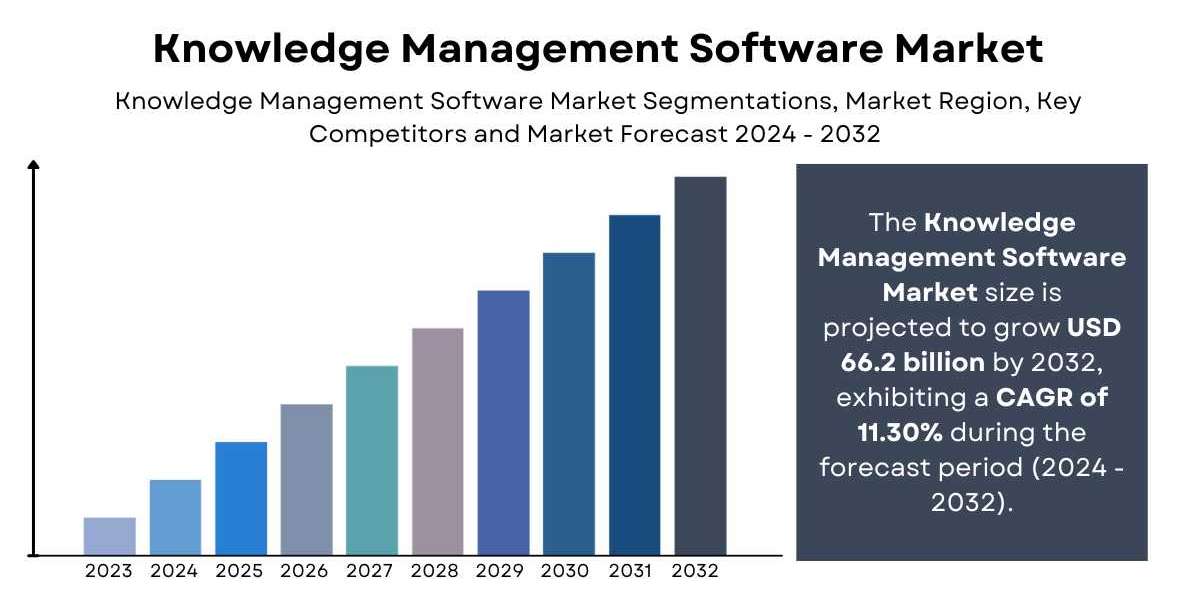As organizations increasingly rely on SAP systems to streamline their operations, the demand for skilled SAP professionals continues to grow. Among the most sought-after modules is SAP MM (Materials Management), which plays a critical role in managing materials and inventory in a business environment. The SAP MM Course Syllabus for 2024 has been meticulously designed to equip aspiring professionals with the knowledge and skills necessary to excel in this domain.
The course typically covers a wide range of topics, beginning with the fundamentals of SAP MM, where students learn about the basic concepts of materials management and the importance of the MM module in SAP. This section often includes an overview of the organizational structure and key terms related to materials management. As the course progresses, participants dive deeper into essential topics such as procurement processes, inventory management, and logistics. Students explore the different procurement types, including external and internal procurement, and understand how to manage purchasing documents like purchase requisitions, purchase orders, and contracts.
Inventory management is another crucial aspect of the SAP MM syllabus. Participants learn how to track inventory levels, manage stock transfers, and perform physical inventory counts. The course emphasizes the importance of accurate inventory management in ensuring that materials are available when needed while minimizing excess stock and associated costs. Furthermore, students gain hands-on experience with various SAP transactions related to inventory management, which prepares them for real-world scenarios they may encounter in their careers.
Another significant module included in the syllabus is the integration of SAP MM with other SAP modules, such as SAP SD (Sales and Distribution) and SAP FI (Financial Accounting). Understanding how these modules work together is essential for a holistic approach to business processes. This section of the syllabus often includes practical exercises that demonstrate how data flows between the modules, allowing students to appreciate the interconnectedness of SAP solutions in supporting organizational goals.
Additionally, the syllabus covers advanced topics such as material valuation, invoice verification, and the implementation of various business scenarios in SAP MM. Students learn about different valuation methods, including moving average and standard price, and how to manage invoices against purchase orders. The inclusion of real-time case studies and practical assignments enables students to apply theoretical knowledge to practical situations, enhancing their learning experience.
The SAP MM Course Syllabus also places a strong emphasis on best practices and industry standards. Participants are encouraged to explore how successful organizations implement SAP MM to achieve operational efficiency and cost savings. This practical perspective helps students understand the relevance of their training in the context of real-world applications, preparing them to meet the expectations of employers in the job market.
In conclusion, the SAP MM course syllabus for 2024 is designed to provide a comprehensive understanding of materials management within the SAP ecosystem. By focusing on foundational concepts, practical applications, and industry best practices, the course equips participants with the necessary skills to thrive in this competitive field. As you explore your options for SAP training, consider the value of pursuing specialized classes such as SAP HANA classes in Pune, which can complement your understanding of SAP and further enhance your career prospects.
Read Our Daily Blog: What Are the 3 Major Challenges in SAP MM?
If you're considering furthering your education in SAP, also evaluate SAP institutes in Mumbai. Identifying the right SAP Institute in Mumbai with Placement can provide you with robust support and resources to aid your professional development.








